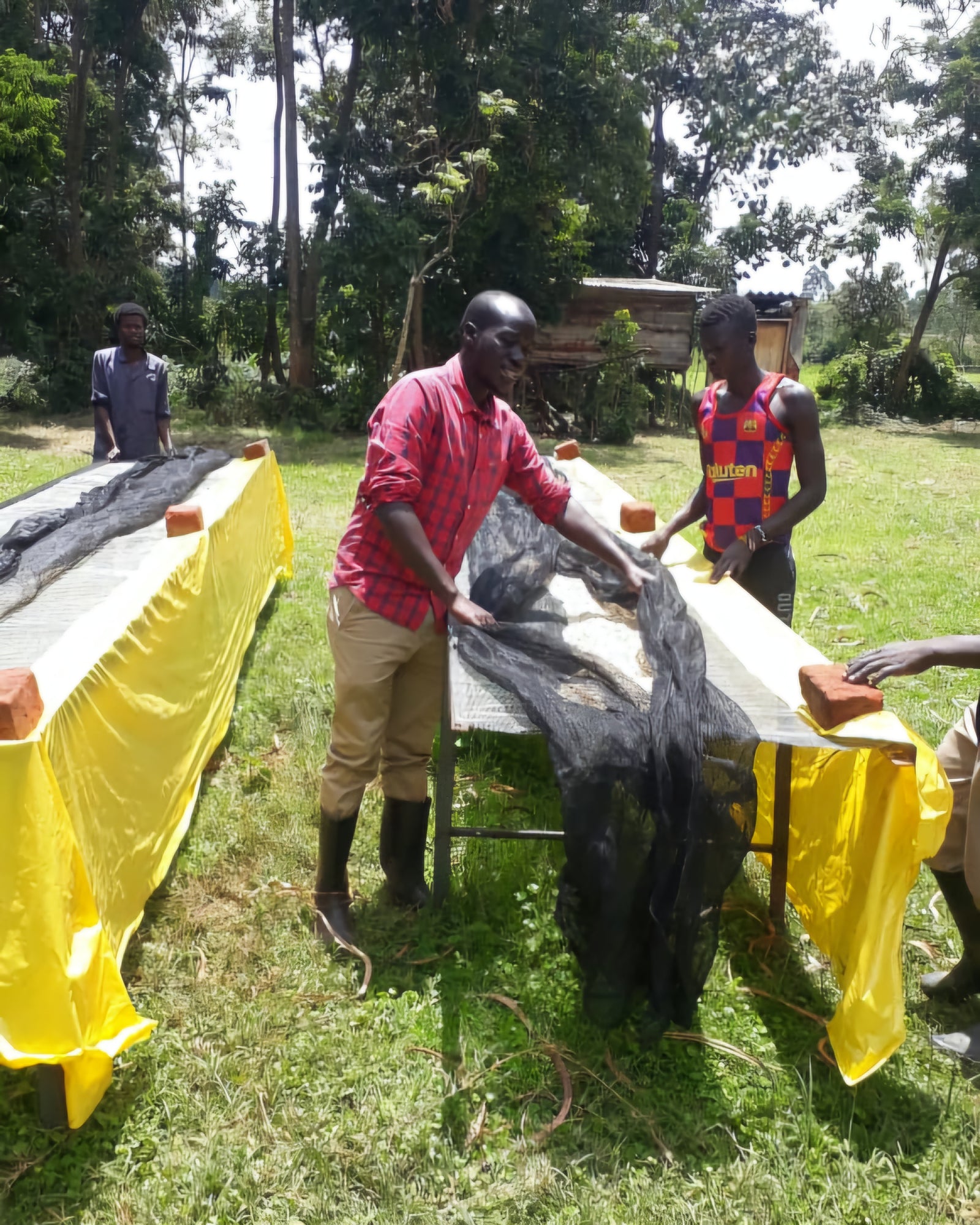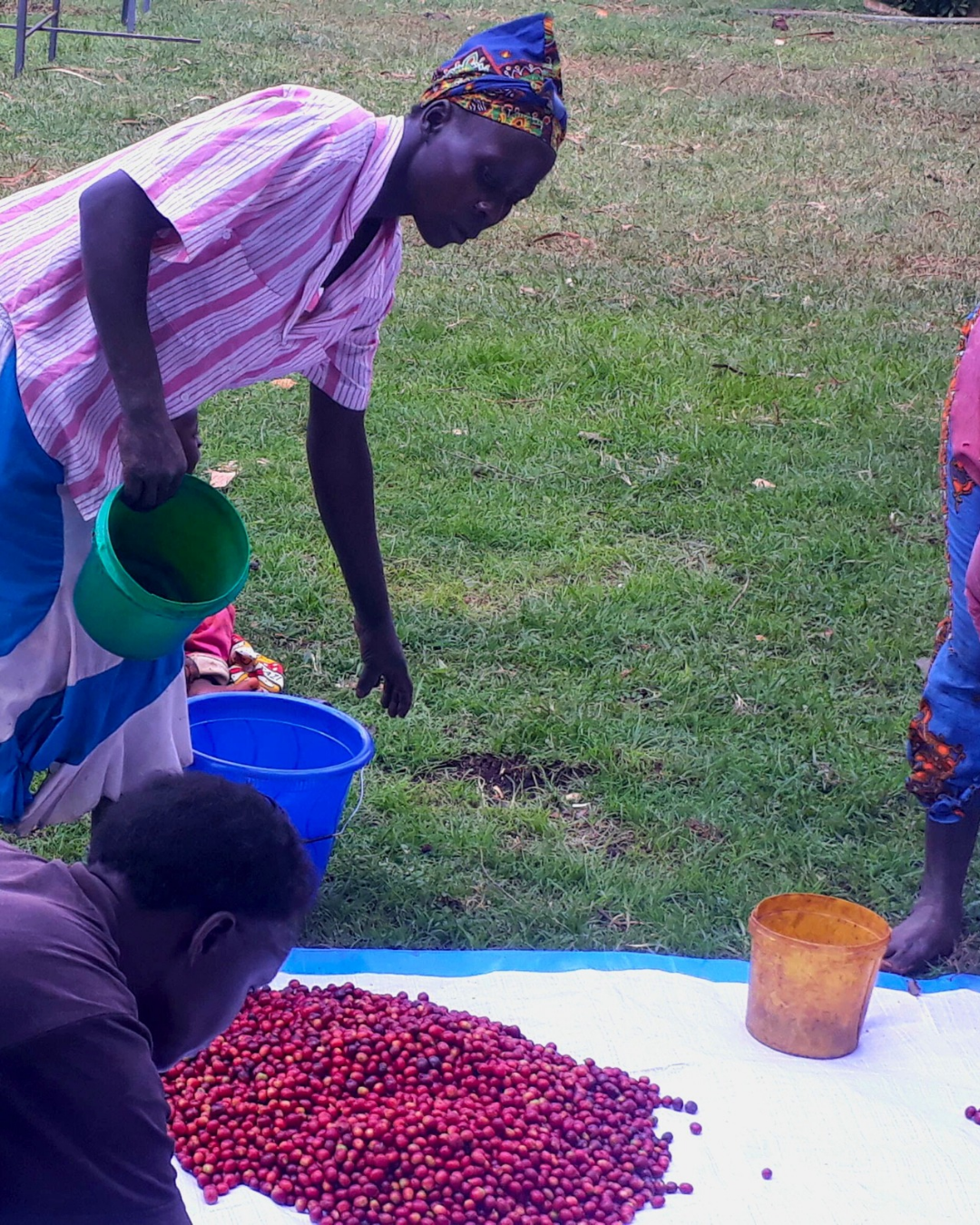Your Cart is Empty

Milima hails from the slopes of Mt. Elgon, an extinct volcano in Western Kenya that straddles the Ugandan border. The abundant rainfall, high altitude, and nutrient-rich volcanic soils culminate in a distinct terroir, yielding beans that depart from what we typically associate with Kenyan coffee. That’s what we capture in Milima.
With balanced acidity, a fuller body, and notes that lean bolder and toastier rather than light and citrusy, Milima is reminiscent of a South American coffee. These beans invite us to explore a different flavor profile and expression of Kenya.
TASTING NOTES
Brown sugar, pomelo, jammy
ROAST LEVEL
Medium
ELEVATION
1900-2400masl
PROCESSING
Wet process (Washed)
VARIETY
SL-28, SL-34, Ruiru 11
REGION
Mt. Elgon, Kenya
BREW SUGGESTIONS
Pourover, drip, aeropress

Mikono Coffee, a partnership between Paul Okoth, Julius Kundu, and Wanjala Bifwoli, works with small producers in Western Kenya to showcase these coffees on a global scale and increase market access for the people who work with the coffee every day. Coffee, founded by Wanjala Bifwoli, partners with small co-ops and farms in Western Kenya to showcase these coffees on a global scale and increase market access for the people who work with the coffee every day. Milima is a regional coffee from four co-ops in Bungoma County, each with between 500 and 600 members. It’s a celebration of the area, from Mt. Elgon’s distinct microclimate to the individuals who care for the beans.

In Western Kenya, people know their coffee — but they seldom have control over what happens to it after it is harvested. Mikono Coffee aspires to offer coffee farmers a seat at the negotiation table and honor their hard work through fair profits. The sourcing approach Mikono is building will allow farmers to negotiate directly with customers, with Mikono acting solely as a trade facilitator.
As many young people in these regions are increasingly choosing not to work in coffee farming due to decreasing profits, Mikono Coffee strives to ensure farmers have sustainable livelihoods for the vital role they play in global coffee production.